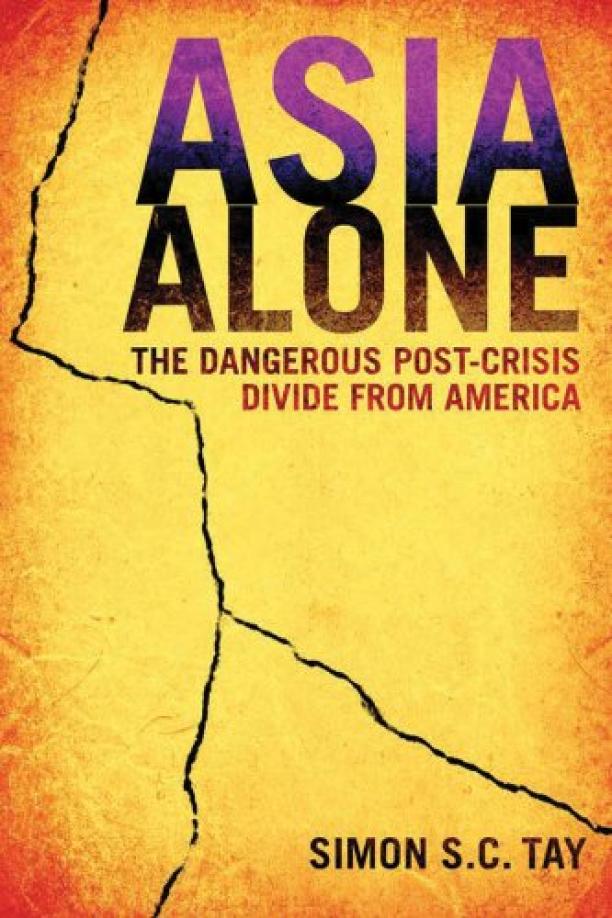Summary:
The book examines the shifting dynamics in Asia following the global financial crisis, highlighting the region's increasing economic independence and confidence, which is leading to a potential distancing from the United States. It discusses the implications of this divide for global politics, economics, and security, suggesting that America must adapt to a new role to maintain its influence in an increasingly Asia-centric world.
Key points:
1. Post-Crisis Divide: The 2007-2008 crisis weakened US influence and showcased Asia's economic strength, leading to differing US-Asia interests.
Books similar to "Asia Alone":

The China Challenge
Thomas J. Christensen
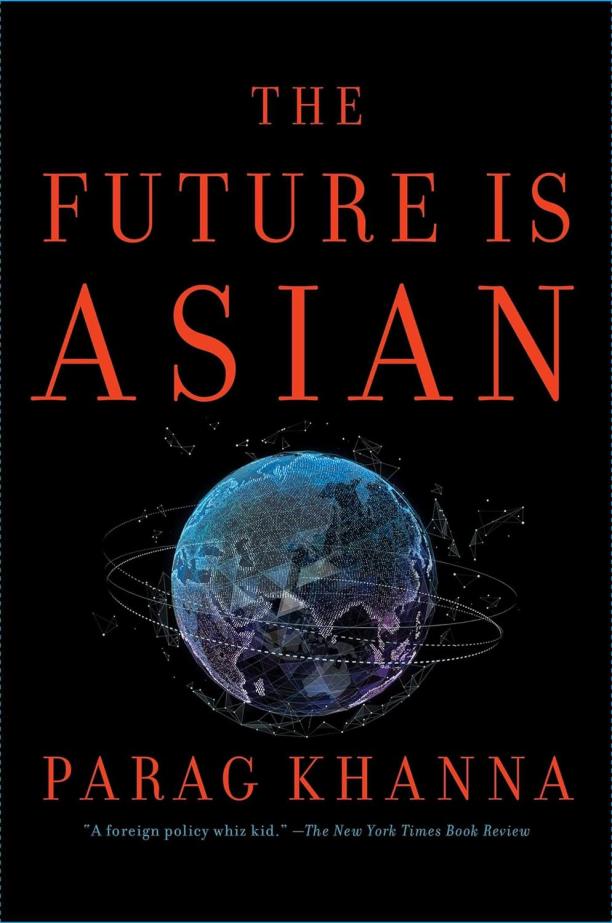
The Future Is Asian
Parag Khanna
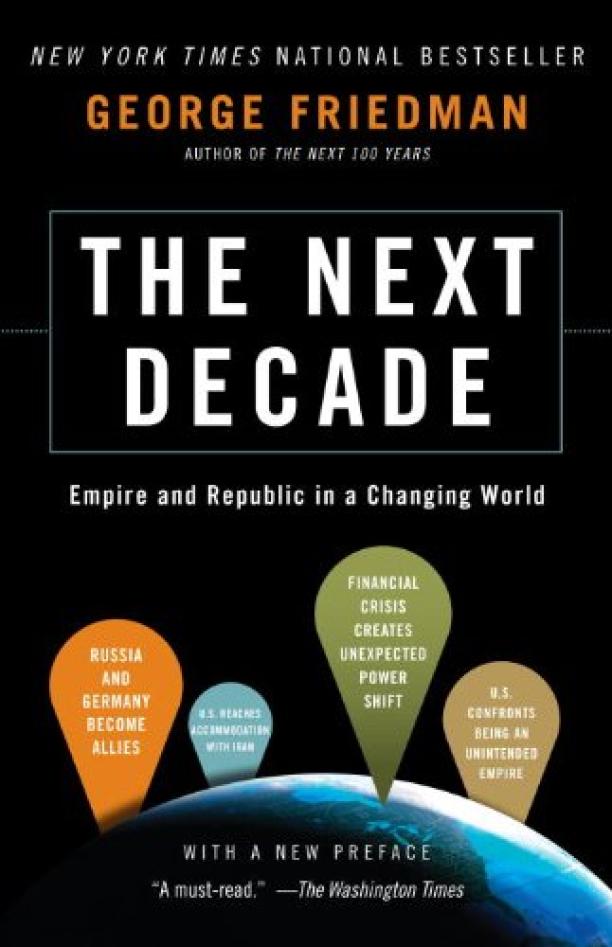
The Next Decade
George Friedman
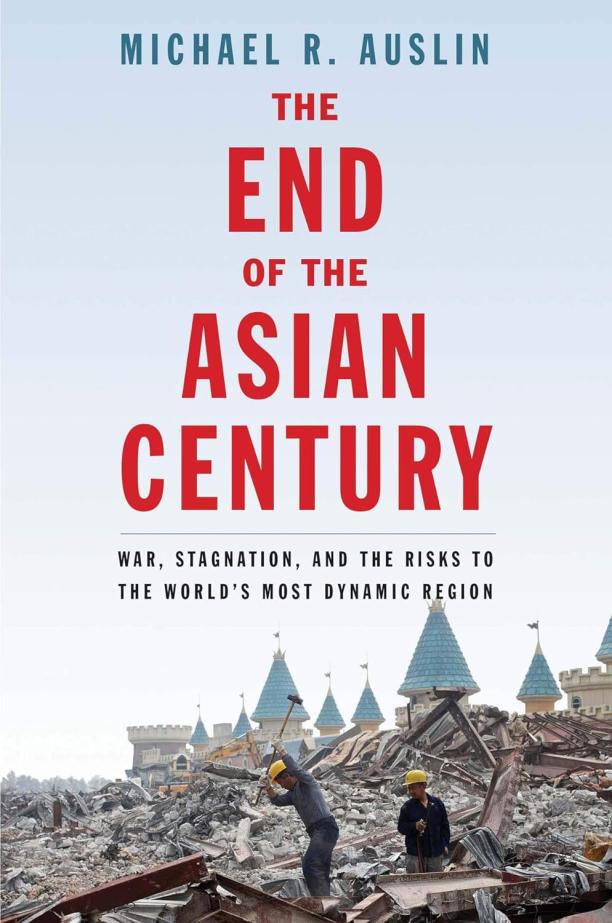
The End of the Asian Century
Michael R. Auslin
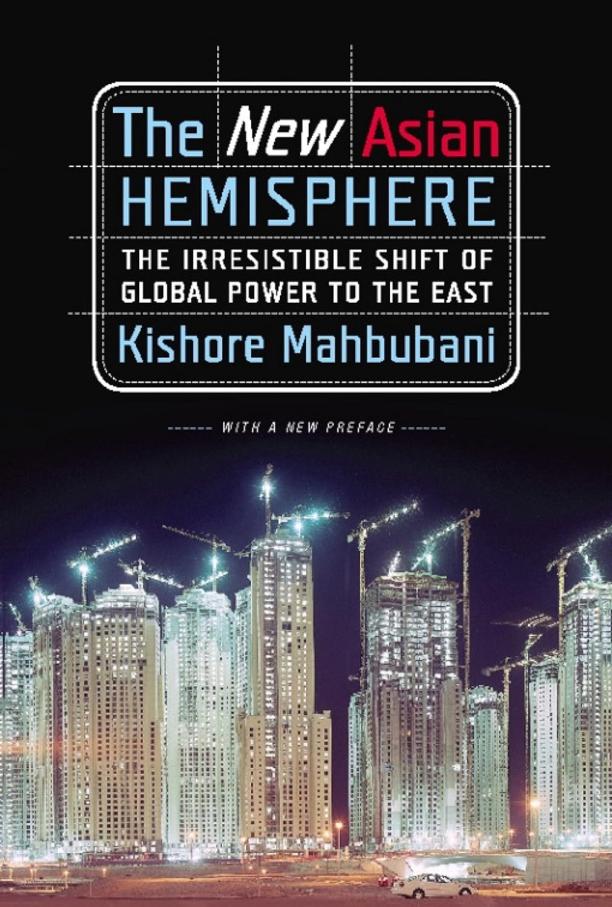
The New Asian Hemisphere
Kishore Mahbubani
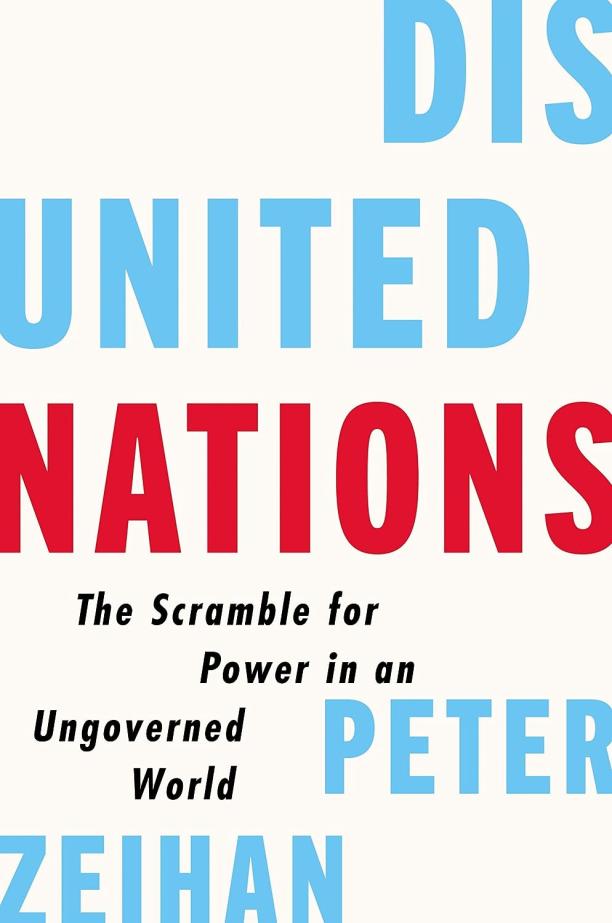
Disunited Nations
Peter Zeihan
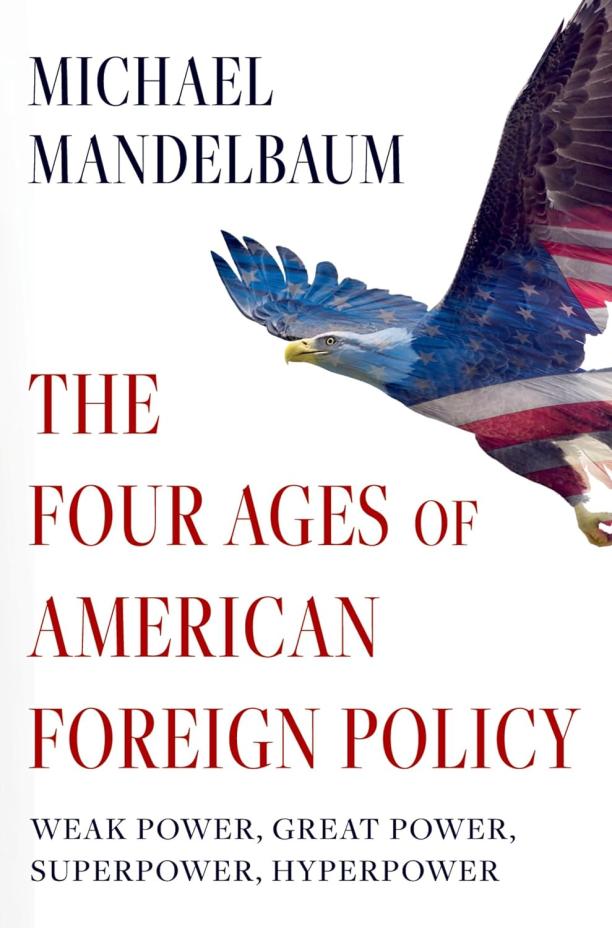
The Four Ages of American Foreign Policy
Michael Mandelbaum
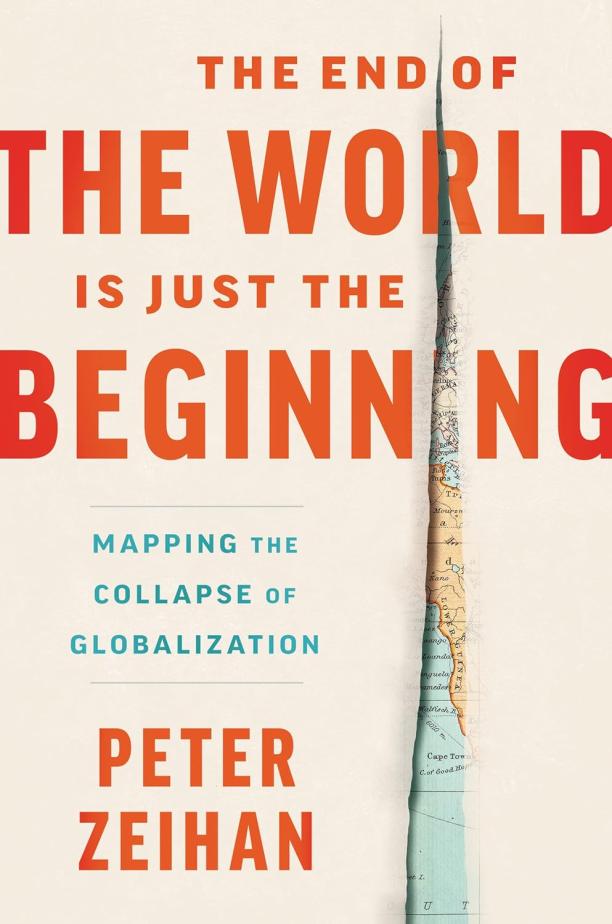
The End of the World is Just the Beginning
Peter Zeihan
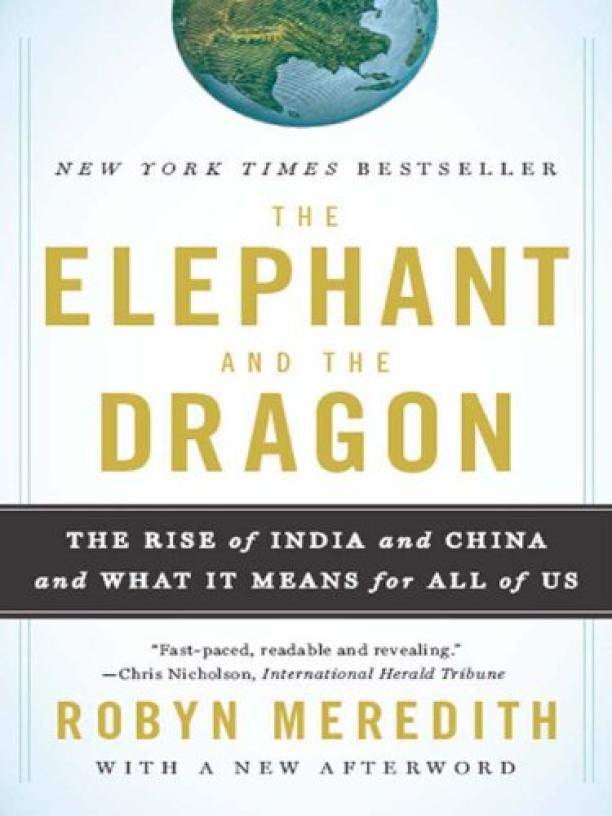
The Elephant and the Dragon
Robyn Meredith
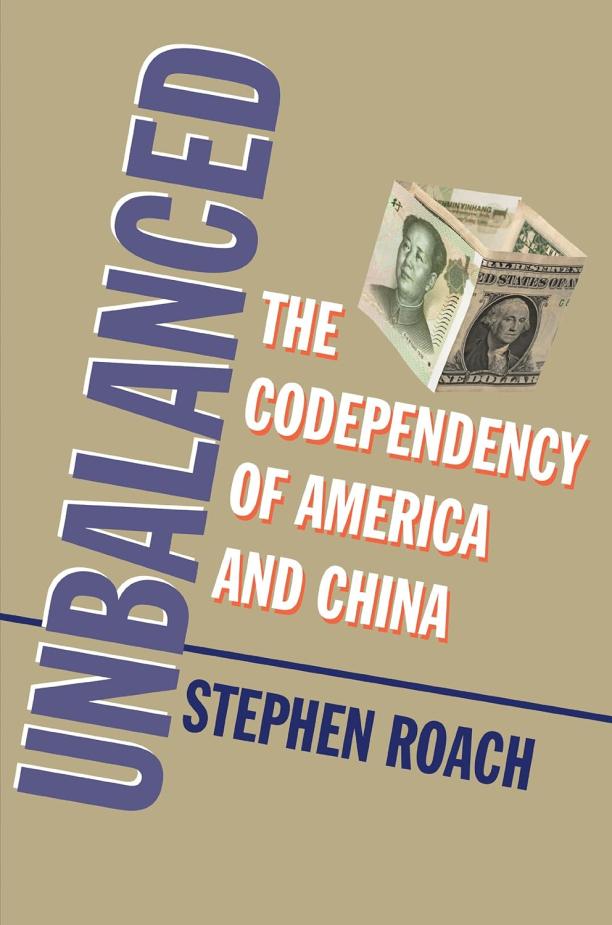
Unbalanced
Stephen Roach
